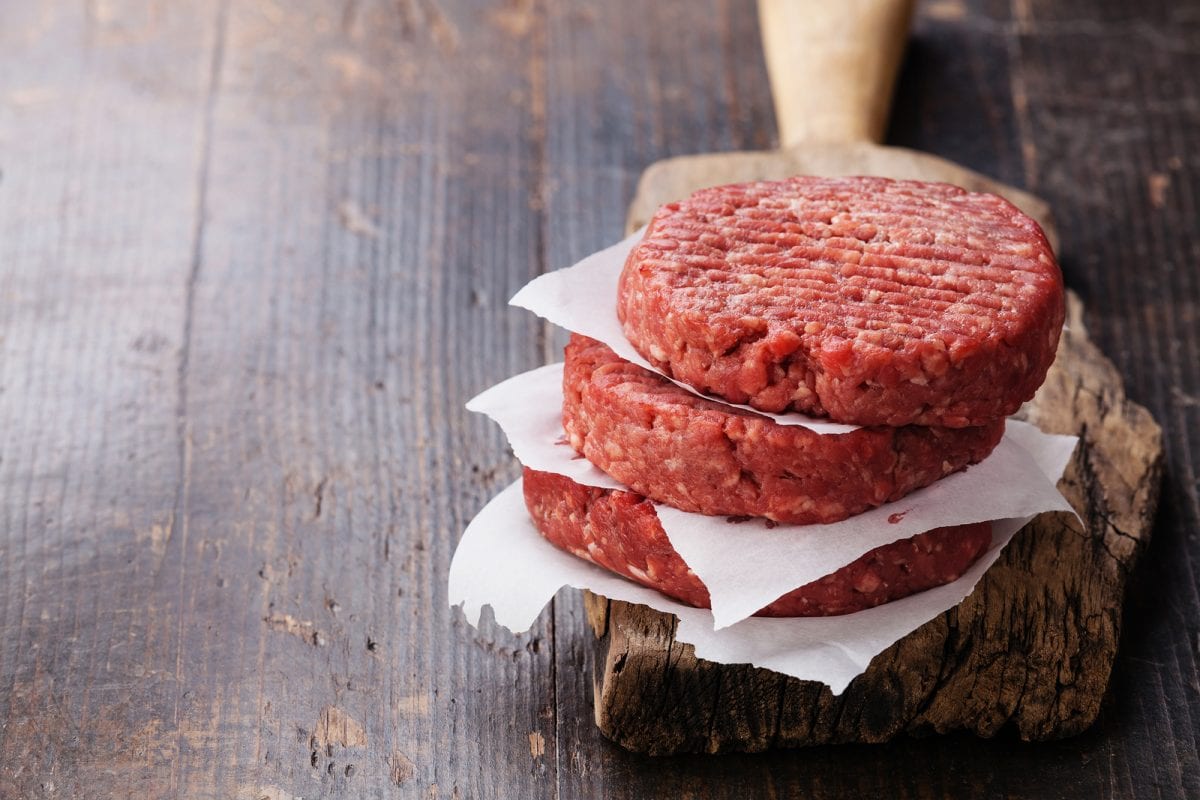Escherichia coli (shortened as E. coli) bacteria lives in the intestines of people and animals. Though most strains in E.coli family are harmless and some are important for the healthy functioning of the intestinal tract, some strains are pathogenic in nature, causing diarrhea and other health issues. The pathogenic strains are often passed through contaminated water and food and can lead to E.coli infections..
The food-borne illnesses are usually caused by Shiga toxin-producing E. coli. Other pathogens from Escherichia Coli family include Enterotoxigenic E. coli, Enteropathogenic E. coli, Enteroaggregative E. coli, Enteroinvasive E. coli and diffusely adherent E. coli. The incubation period for E.coli range from 3 – 4 days, but in some cases can be between 1 – 10 days. Apart from exposure to contaminated food and water, the strain can be passed through consumption of raw milk, disinfected water, drinking of lake water, contact with cattle and the feces of ill people.
The symptoms of food-borne or water-borne illness caused by E.coli differ from person to person but often include stomach cramps, diarrhea (often bloody), and vomiting. The body temperature may shoot up to 101˚F and people get better within 5 – 7 days. Mostly, infections are mild, but sometimes can become dangerous.
In 2016, U.S. health authorities reported that alfalfa sprouts produced by Jack & the Green Sprouts of River Falls, Wisconsin caused E.coli illness in eleven people in two states, Minnesota and Wisconsin. The state and federal authorities traced alfalfa sprouts supplied by Jack & The Green Sprouts were carriers of infection. On Feb. 25, 2016, Jack & The Green Sprouts, Inc. voluntarily recalled all alfalfa and alfalfa onion sprout products.
Also in 2015, 19 people were infected with E.coli from seven states and five were hospitalized, two developed hemolytic uremic syndrome, a type of kidney failure. However, no deaths were reported.
Across the world, the outbreaks are mostly related to the consumption of fruits and vegetables (sprouts, spinach, lettuce, coleslaw, salad). Investigators assess this may be due to contact with feces from domestic or wild animals at some stage of cultivation or handling. The prevention could only be accomplished by placing control measures across the food chain, from production and processing to handling and delivery.
The World Health Organization (WHO) nestablished fatality rate for E.coli as 3% – 5% and most deaths occur due to renal failure. Also, E.coli has been linked to neurological complications such as seizure, stroke, and coma in children.
The serious E.coli outbreak happened in Germany in 2011. The foodborne illness caused bloody diarrhea with serious complications including renal ailments. The causing agent was traced as enteroaggregative E. coli that possessed the genes to produce Shiga toxins. Nearly, 4000 people were affected and 800 people suffered from hemolytic uremic syndrome; the outbreak killed 50 people in total. In the same time period, infections were reported in Switzerland, Poland, the Netherlands, Sweden, Denmark, the UK, Canada and the USA; all the affected people had been in Germany or France shortly before falling ill. The strain was traced to vegetables produced in an organic farm in Bienenbüttel, Lower Saxony, Germany, and the farm was shut down.
The World Health Organization responds to E.coli outbreaks by supporting information sharing and collaboration through International Health Regulations and the International Food Safety Authorities Network. It also provides technical assistance to national health authorities and international partners during outbreaks.
Author Bio:
Maggie Martin is completing her PhD in Cell Biology, works as a lab tech for Mybiosource.com and contributes content on Biotech, Life Sciences, and Viral Outbreaks. Follow on Twitter @MaggieBiosource








